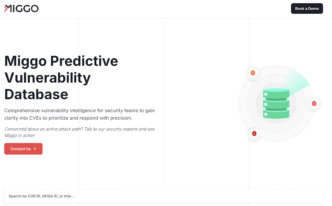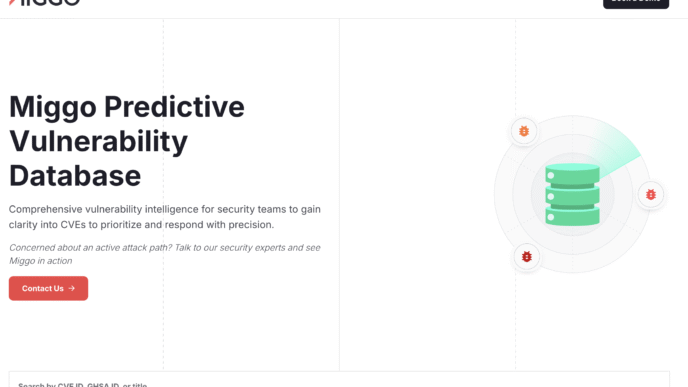Providing comprehensive health insurance coverage for employees is a crucial aspect of talent retention and overall organizational well-being. As an employer, navigating the realm of large group health insurance plans can be a complex and daunting task. The right health insurance plan not only ensures the well-being of your employees but also contributes to a positive workplace culture. In this article, we will explore key factors that employers need to consider when evaluating group health insurance plans.
Understand the Needs of Your Workforce
Before delving into the world of health insurance options, it’s essential to understand the specific needs of your workforce. Consider the demographics of your employees, including age, health status, and family structures. Different groups may have varying healthcare requirements, and tailoring a plan to suit these needs can lead to higher employee satisfaction.
Coverage Options
As noted on taylorbenefitsinsurance.com, large group health insurance plans come with a variety of coverage options. Assess the basics such as hospitalization, outpatient care, prescription drugs, and preventive services. Additionally, consider coverage for dental, vision, and mental health services. Understanding the range of coverage available ensures that your employees have access to the healthcare services they need. Consider the specific needs of your workforce and choose a plan that provides comprehensive coverage, including essential services and any specific requirements your employees may have.
Costs and Budgeting
Balancing the costs of health insurance with the company budget is a critical consideration. Evaluate not only the premium costs but also co-pays, deductibles, and out-of-pocket expenses for employees. While it’s tempting to focus solely on premiums, don’t overlook other out-of-pocket costs, such as deductibles, copayments, and coinsurance. Striking the right balance between affordability and comprehensive coverage is essential to ensure the financial well-being of both the company and its employees.
Network of Healthcare Providers
Examine the network of healthcare providers associated with each insurance plan. A robust network ensures that employees have access to a diverse range of medical professionals and facilities. A broad network ensures that employees have access to a diverse range of doctors, specialists, and healthcare facilities. This can be especially important for employees who may have existing relationships with specific healthcare providers.
Prescription Drug Coverage
Examine the prescription drug coverage offered by each plan. Evaluate whether the plan covers the medications commonly used by your employees and assess any limitations or restrictions on drug choices. A comprehensive prescription drug benefit is essential for overall employee well-being.
Wellness Programs
Many modern group health insurance plans come with wellness programs aimed at promoting a healthy lifestyle among employees. These programs often include gym memberships, preventive care initiatives, and resources for managing stress and mental health. Assessing the availability and effectiveness of these programs can contribute to a healthier and more productive workforce.
Flexibility and Customization
Consider insurance plans that offer flexibility and customization options. The ability to tailor plans to meet the unique needs of your workforce can be a significant advantage. This might include offering different tiers of coverage or allowing employees to choose between plans based on their individual circumstances.
Compliance and Legal Considerations
Staying compliant with local and national regulations is crucial when selecting a group health insurance plan. Ensure that the chosen plan adheres to all legal requirements and provides the necessary documentation for reporting and compliance purposes.
Conclusion
Evaluating group health insurance plans requires a careful and strategic approach. By considering the specific needs of your workforce, coverage options, costs, network of providers, wellness programs, flexibility, and legal compliance, employers can make informed decisions that benefit both the company and its employees. A well-designed health insurance plan not only attracts and retains top talent but also fosters a culture of well-being and employee satisfaction within the organization. By understanding the basics of group health insurance and thoroughly assessing coverage options, costs, provider networks, prescription drug coverage, wellness programs, flexibility, and compliance with regulations, employers can make informed decisions that align with the unique needs of their workforce.













